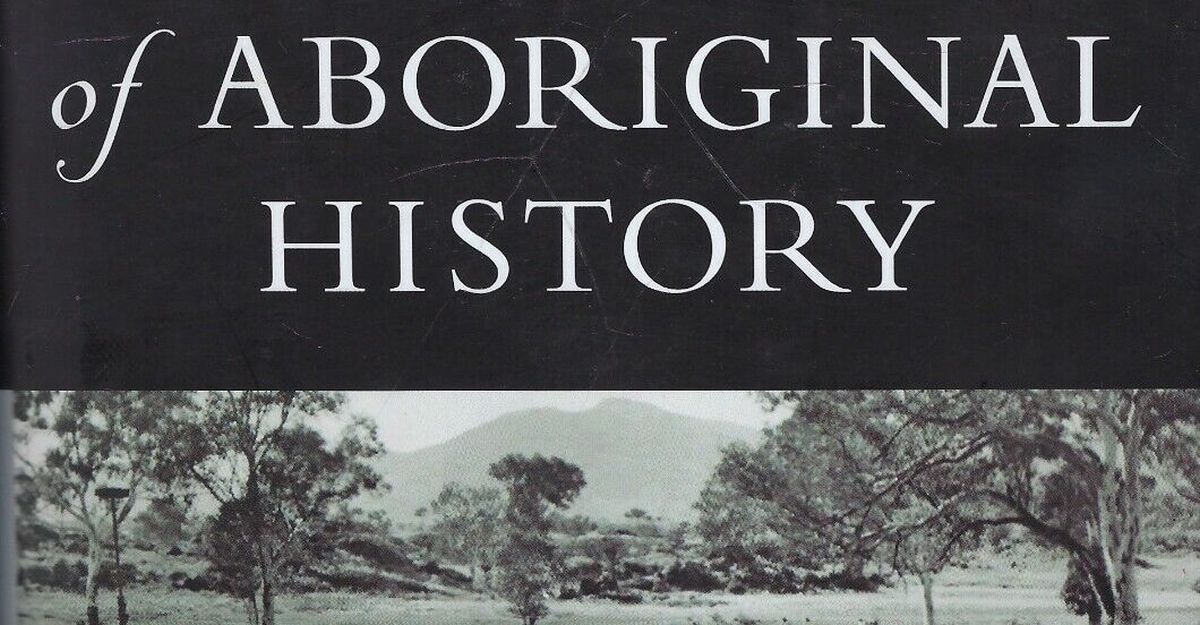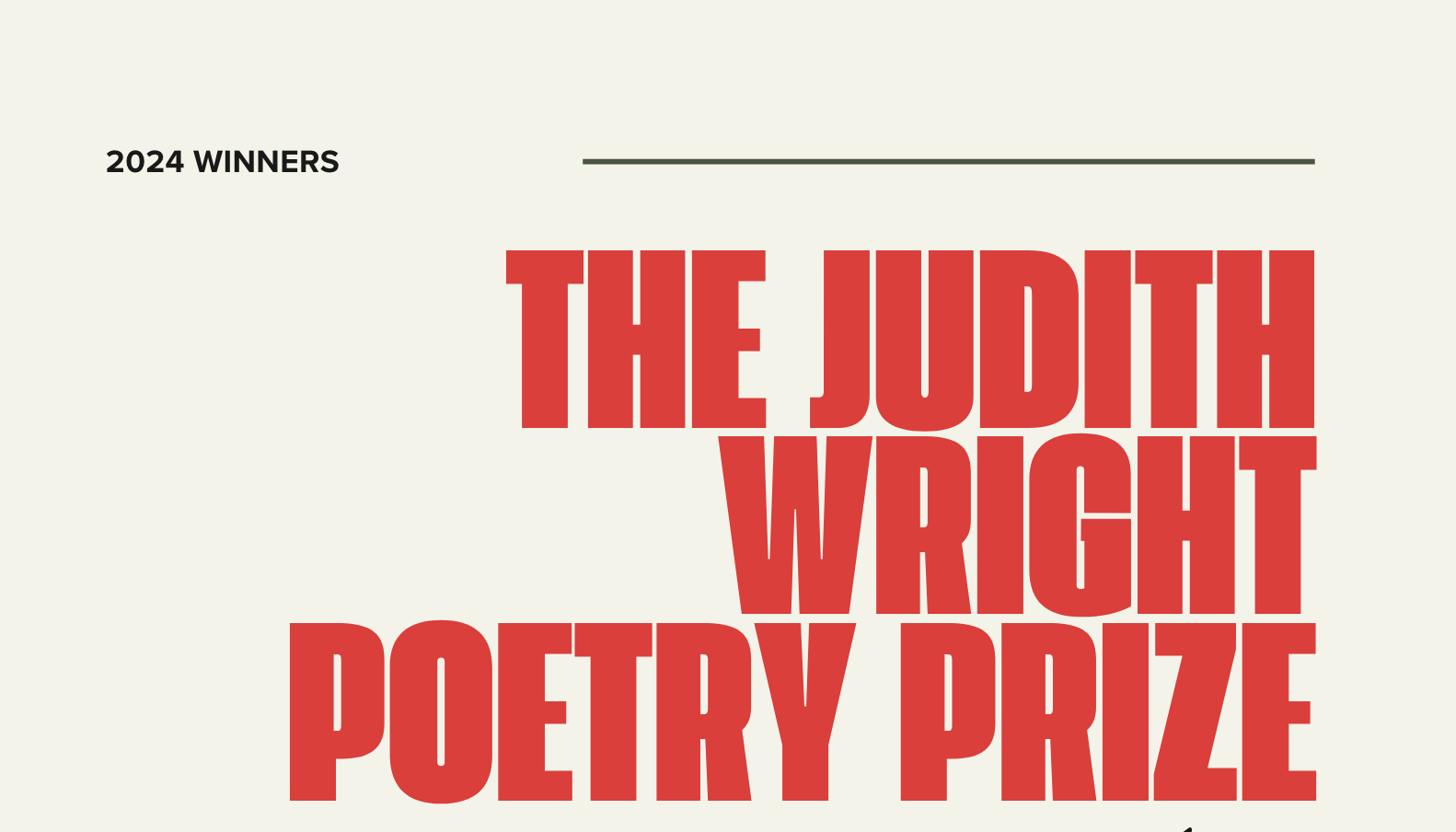Sean Bonney (1969-2019) died in November.
He was a British anti-fascist activist, revolutionary socialist and poet who was born in Brighton and raised in the north of England. He lived in London, and, from 2015 until his death, in Berlin. He was married to poet Frances Kruk. His last book of poems, Our Death, was published by Commune Editions in 2019 and was his eighth (not including his many chapbooks) and first published in the USA. His was/is a militant poetics that embodies a sense of abject futility, but also emancipation, in the face of rampant neoliberalism, neo-colonialism, and the rise of the alt-right. The subjectivity of his poems occupies the rage and suspends the feelings of liberation born of the revolutionary act, of socialist violence, of riot:
How insignificant, these scraps of symbolic devotion, these mumbling musical statistics. All you can hear is the ringing that remains when the notes fade away. All you can see is the stone in your hand. The lights of the town signalling through the cop-ridden fog.
In the tradition of the Ranters – that leaderless vanguard of the English Revolution who denied all authority, whether of the church or government, of royalty or capital – Bonney writes with what Ed Simon describes in the Poetry Foundation as a ‘biblical parallelism and with scriptural anaphora’ to enhance ‘the liturgical potential of political poetry’. In ‘On Being a Good Person’, Bonney asserts:
Always make it clear that the centre of the earth is more than likely not where they [one’s neighbours] think it is. That there are storms that have been raging there for longer than the collective age of everyone who lives in the city, both documented and undocumented. That you love only sex workers, drug addicts, refugees and the terminally ill. That most mornings you think they are the only people deserving of citizenship.
Throughout his poems Bonney cites, alludes to, and writes through the work and legacies of many radical poets and thinkers, anarchists, anti-capitalists, socialists, Marxists – from Heraclitus to Milton and Blake, from Baudelaire and Rimbaud to Artaud, from Anita Berber and Emmy Hennings to Diane Di Prima, Frantz Fanon to Amiri Baraka, Bertolt Brecht to Pier Paolo Pasolini, and more – as a way of paying homage to their work, but also to demonstrate (in the activist sense) a lineage of radicality. This is an aesthetics for a way forward, organising the past in order to make a future, and a kind of solidarity. In Our Death there is a section of poems titled ‘Cancer: Poems after Katerina Gogou’ (the Athens anarchist poet and actor), and in that roaming sequence, shifting between prose and free verse, there are lines that condense Bonney’s socialist lineage into an expression of love and lament, where he writes of friends quite literally back in Britain (Our Death was written in Berlin) but also of friends figurative and historical:
I think of my friends as blackbirds
screeching from rooftops
murdered by rising rents
Exarchia Kreuzberg Hackney
we survive
at random. pissed out of our heads
in songs in squatted bars
there are those you beat to death in prison
with us it’s done with pills and needles
we never sleep we always dream
we wake in the same bed
with bedbugs
with trackmarks I love my friends
they are wires stretched from city to city
in borrowed dresses and migraines
interpreters commies thieves
they live in silence. they paint in black
they invent their language
yours is only good for spitting
and we live
at random. lines and bombs and wires
tight around your hands. your necks
you fascist shits. your necks
my friends are wires are blackbirds
____________________________________
This is for those who never made it …
The ‘wires stretched from city to city’ being an allusion to a famous line from Rimbaud’s Illuminations.
Bonney also names his enemies, those wielding power unfairly, criminally, in the name of the state, whether Britain during the London riots or post-Brexit; whether Trump’s America, its rising fascism; or the various states of the world in thrall to the endless greed of ‘some astrological capitalist system’. He names and shames figureheads of the past, from Margaret Thatcher to Charles Windsor, as well as those alive who ‘have got access to the content of all our dreams’: Theresa May; ‘The Boiling Bones of Boris Johnson’; ‘the skeleton of Tony Blair’; ‘Whatever with that fascist shit Bannon. He can have Darth Vader’; and, of course, the cops.
Early on in Bonney’s previous book Letters Against the Firmament there is a short lyric list poem, a chorus to be sung by the underclasses, the silenced, or those (about to be) murdered by the state – its first line now widely quoted:
for ‘I love you’ say fuck the police / for
‘the fires of heaven’ say fuck the police, don’t say
‘recruitment’ don’t say ‘Trotsky’ say fuck the police
for ‘alarm clock’ say fuck the police …
Bonney’s naming of oppressors is not the same as callout culture and rather more a radical and exhilarating dance with the political real – a performative ethics of scathing animosity and nihilistic humour. Although, as Ed Simon writes:
Bonney’s wrath precludes nihilism because somebody who believes in nothing can’t be wrathful. Wrath is a testament to faith: it must be directed toward a moral aberration. Hopelessness is arguably the operative mode of our current moment, the emotional tenor of what the late philosopher Mark Fisher called ‘capitalist realism’, that sinking and permeating sense that it’s not even possible to imagine a better world. Bonney is the bard of capitalist realism.
He is also the great chronicler of our pre-apocalyptic moment.
In Our Death the names of oppressors become symbols among other symbols – suns and clouds and earthquakes, rubble and teargas and fire, mirrors and vowels and planets, cities and surveillance and ghosts. He makes the link between the weather and power, i.e. between climate change and the criminal negligence of denialist governments; he makes the link between architecture and power, i.e. between psychological zones (borders, cities defined by finance) and oppression; yet without having to name those things, and all the while exuding that collective sense of hopelessness or nihilism which seems inescapable with the current and coming entropy:
Sometimes the heat gets so much the earth becomes invisible. This is the meaning of symbology. The imaginary walls of the city become real, become a hell of blinding mirrors and we do not know if we are gazing at those walls from the inside or out.
And in another poem:
I feel like a crater as I scratch small counter-patterns … something equivalent to the stark anger of the circling birds, the swifts and the sparrows that shriek like shattered human things all through the morning, or whatever it is we can call the strange glow of the sky in these peculiar hijacked days.
Re-reading these lines in the first days of 2020, it’s hard not to picture the recent skies over fire-ravaged Australia and feel the prescience of Bonney’s counter-symbolism on a global scale. We certainly have our own radical poets – most often Indigenous, migrant, or poets of colour, who embody their poetics as a force against their marginalisation, as well as experimentalists or avant-gardists disrupting hegemonic language (and this is not a dichotomy; these categories of poets overlap in some cases) – and yet there is something to be said for the way Bonney’s fury openly identifies the ruling classes as soulless and utterly dangerous, how his poetry dissents, says a categorical no, and places the poet as enemy of the state. Anyone can do this, but do you dare? Bonney’s poetry is one kind of radical truth-telling we might need more of in this increasingly divided, tending fascist, disinformed Down Under colonial state.
Note: The poems of Sean Bonney’s published in these pages are the first two of 35 in the titular sequence of his last book, Our Death (Commune Editions 2019).
From ‘Our Death’
Sean Bonney1/ Letter in Turmoil
‘It is no longer possible to have a balanced relationship with the world’. I read that somewhere in Ernst Bloch, throw the book at the wall, scream for a while, then run down six flights of stairs to the street below. This seems to happen just about every morning. I head to the canal and stand there staring at the swans, and pronounce certain words of shrivelled power. Theresa May, for example. Stephen Crabb. Of course, these words only have purchase in the Land of the Dead, but still I recite them, their syllables grinding together like the ghosts of medieval machinery, like a parade of headless skeletons or the wonder of a ghost train perfectly preserved in post-apocalyptic brine, the auditory bleach we bathe in every day. The Landwehrkanal. Rosa Luxemburg etc. insulted body from it. She had been there for six months. I think about that as I stare at the swans. I also think about the well known poem by Paul Celan that alludes to that incident, and about how he talks about the silence of the canal, or at least about how the canal has become silent, and I think about how wrong that is. Its inaudible radioactive signals never stop shrieking, an impossible music I’ve been unable to stop dancing to for days now, each of its notes the representation of an impossible world flickering somewhere just outside the borders of the known imaginary spectrum, those impossible borders, those ridiculous walls. We scratch ourselves to pieces on those walls. Or rather we write there. And what we write there would explode all known dictionaries were it not for the foul neoliberal glow of the so-called sun transforming all we have written into, once again, those aforementioned words of power. May. Crabb. Dirt and bones and gas. Yes every morning I sit there by the canal and when the panic has passed I murmur softly to the swans, and then I go home and dream that I have befriended them and they have flown high across the border and into the Land of the Dead, and there they have torn out the throats of all of our tormentors and they have passed a soothing balm among the souls of all those who continue to live but are trapped in that land, and obviously by soothing I mean usefully corrosive and deadly, and it is rare that I don’t wake up in tears. I’m trying to stop that shit. I’ve been studying magic, utopia and weaponry. I’ll keep you up to date with my progress.
2/ From Deep Darkness
The violent disk in the centre of the sky and the coins in my pocket both radiate the same infernal energy. I know this because I have been awake for five days. I know I’ve been awake for five days because when I went out onto my balcony this morning all the buildings in the city collapsed. This seemed to me to be something of a cause for concern, so I sat down to write my will. Here goes. My coffee cups and typewriter I leave to, I dunno, whoever can scream the loudest. My collection of empty beer bottles I leave to my landlord. My library I leave to the homeless of Kottbusser Tor. My credit card likewise. My sexual uncertainty I keep to myself. My love I leave to the suicided. My drug habit I leave to cops, let them wither, mutate and die. My hatred I keep close to my heart. My heart I leave to the centre of the earth. My grief. Gah. My grief which is the size of the tiny racist island on which I was born, I compress it, I transmute it into something like the wild and collectively inhuman joy of the swifts that circle the city with a frenzy wilder than. Oh whatever. The heart is such a lame metaphor. And so pathetic, the idea of burying it in the earth, when I could just as easily fire it into the centre of the red spot of Jupiter. For example. My sensory system. For example. My five senses I leave to the invisible moons of Pluto, like a cluster of burst and eclipsed stars, like the city’s swifts, flickering in and out of calendrical time, where coffee cups and typewriters and habits and all the rest become a violent disk of knots and tumours trapped somewhere far outside of the known world, because obviously after five days without sleep your heart gets into some fairly interesting unknowable rhythms and your connections with the earth and its five senses become increasingly tenuous and I think at this point of Will Alexander’s essay ‘A Note on the Ghost Dimension’, I don’t know if you’ve read it, he writes in it somewhere about the missing five days of the Mayan calendar, which apparently is a time when monsters and poisons will appear, and I don’t know much about the Mayan calendar, but after five days without sleep I know a lot about ghosts and monsters and poisons, and a lot about how the missing five days could be taken to mean the fate of the five senses themselves, and how those missing five senses have been kidnapped and held for no ransom on some irrelevant island deep within the centre of some capitalist astrological system. My tiny racist island I leave to the monsters and poisons. The ghost dimension I leave to my dearest friends. My knots and tumours I leave to those who would form a new government, that they might learn just how tiny, how rabid and lost a hijacked sensory system can become. Ah fuck it. I leave the look on my face to my enemies. I leave the red spot of Jupiter to the unemployed, I’m sure they know what to do with it. Screw my heart. Resist death by water. By fire and rope also. I am fearful of nothing. I love you all so fucking much.
Read the rest of Overland 238
If you enjoyed this piece, buy the issue




